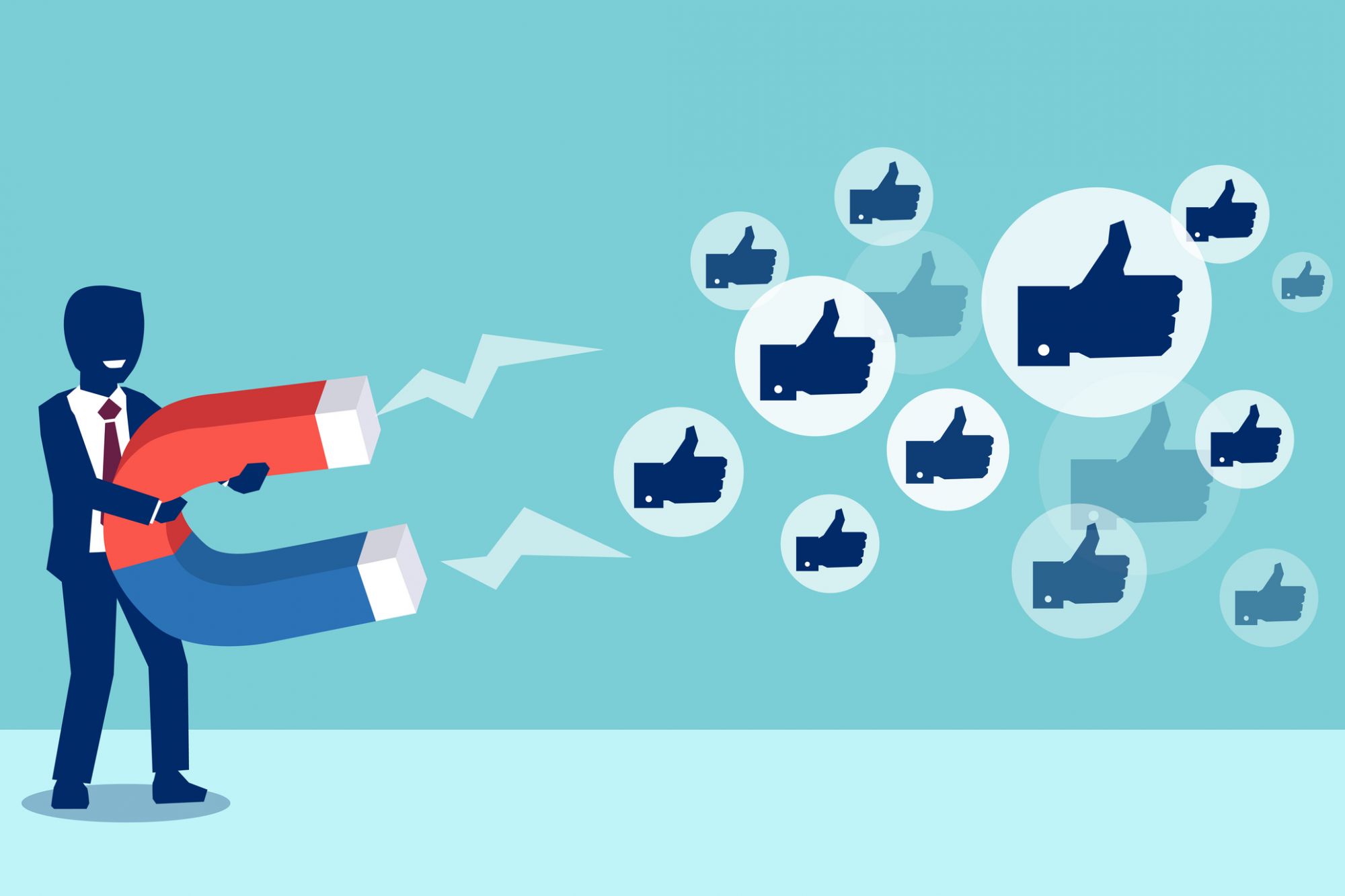Business pages are still valuable, but the way to leverage them has changed.
5 min read
Opinions expressed by Entrepreneur contributors are their own.
Long gone are the glory days in which posting to your Facebook business page would mean reaching the majority of your followers. Even as Facebook creeps closer to the 2.5-billion user mark, business-page posts are notorious for low reach, often being shown to account for 5 percent or fewer of a page’s total like count.
Part of this design is by design, to encourage you to cough up the bucks and advertise. But as Facebook continues to grow, the sheer amount of material in a user’s feed also becomes a factor; each Facebook user can like up to 5,000 pages, be in up to 6,000 groups and have up to 5,000 friends.
The feed can only hold so much, and Facebook realizes people spend more time on the platform when their feed is filled with updates from their personal communities, so it’s likely that groups and personal-profile updates are getting the lion’s share of visibility. (Have you seen the TV commercials for Facebook groups lately? The tech giant is pushing groups hard.)
Related: If You Use Facebook for Business, Don’t Make These 3 Mistakes
Fortunately, there are workarounds for this lack of visibility, and if you feel a Facebook presence helps increase awareness for your business, you should invest time and energy in your strategy. As a content strategist, I continually evaluate what works best on Facebook and help others do the same. Facebook didn’t stop working; it’s just that many entrepreneurs are using strategies that became antiquated years ago. If you want more marketing return from your Facebook business page, consider adopting one or all of these approaches.
1. Embrace the live stream
Facebook Live became a feature for all users in 2016, but many entrepreneurs are still hesitant to adopt. Thing is, live video receives more weight on the algorithm than posts with other creative such as photos or videos. (Facebook has stated that a live video receives, on average, 10 times the engagement of a non-live post.) Not only will you cut to the front of the algorithmic line, but you’ll also have push notifications sent out to some of your followers informing them of your livestream.
When you’re able to engage with users in real time and respond to comments, more comment dialogue is likely to appear. Consider broadcasting a longer Facebook Live stream to give yourself more runway for comments and conversation. Do your quote-box posts yield hundreds of comments? I didn’t think so.
2. Personalize user experience with Messenger
Bots get a bad rap on social media because of the proliferation of fake profiles and automated comments that have invaded many platforms. Pairing a Messenger bot strategy with your Facebook business page, however, can be a smart personalization play. A recent McKinsey report predicts that “personalization will be the prime driver of marketing success within five years.” If you’re not solving for personalization now, you’ll soon be left behind in the market.
A Messenger sequence can help answer user questions automatically through pre-built content. If your tech team is robust, you could also build your own bot from Facebook’s developer instructions. For entrepreneurs allergic to code, ManyChat is a popular, user-friendly tool whose features include assigning certain commented words or phrases to custom Messenger pushes, allowing you to tie post engagement to Messenger subscriptions. If you’re wanting more personalization still, with a little AI sprinkled in, ChatFuel powers the Messenger strategy of many Facebook pages whose followers are in the millions.
The main benefit of Messenger marketing is that you actually reach your target audience; multiple campaigns boast open rates of 80 percent or higher and clickthrough rates of 20 percent or higher, engagement that email marketers can only dream about.
3. Pay to reach your warm audience
A small investment can go a long way in increasing post visibility when you advertise to your existing page likes. Since you’re a familiar face, users may not even realize you’ve sponsored the post in order to appear in front of them. As Gary Vaynerchuk points out, attention is a currency. And while consumers say they increasingly ignore ads, what they actually ignore are ads not relevant to them. If they like your Facebook business page, you’ve already overcome a relevancy hurdle. Custom audiences are Facebook’s biggest marketing weapon. Instead of wondering who did or didn’t watch a video, measure it by sponsoring a video post, then retarget users who watched it for a notable amount of time.
Still need to grow your audience? Here are a few less-warm audiences that are actually low-hanging fruit and worth your advertising spend:
-
Your email list can also be uploaded to Facebook, and Facebook will do its best to pair email addresses to users’ profiles; the match rate is usually 50-80 percent.
-
Targeting “friends of page likes” can be a good page-building strategy, as Facebook will show users the number of friends that like your page prior to showing the ad creative; 92 percent of consumers trust endorsements from their friends.
-
A lookalike audience is technically an audience of strangers new to your brand, but these users statistically have similar data markers and behaviors as your existing page likes or email subscribers, which increases the chance they’ll become engaged.
Related: How to Create a Facebook Business Page in 6 Steps
If you have an existing page with an audience and engagement has dropped off, don’t let your hard-won asset go belly-up. And if you’re just starting a page, consider adopting these alternative approaches to grow and engage with the millions of users who visit the platform each and every day.







